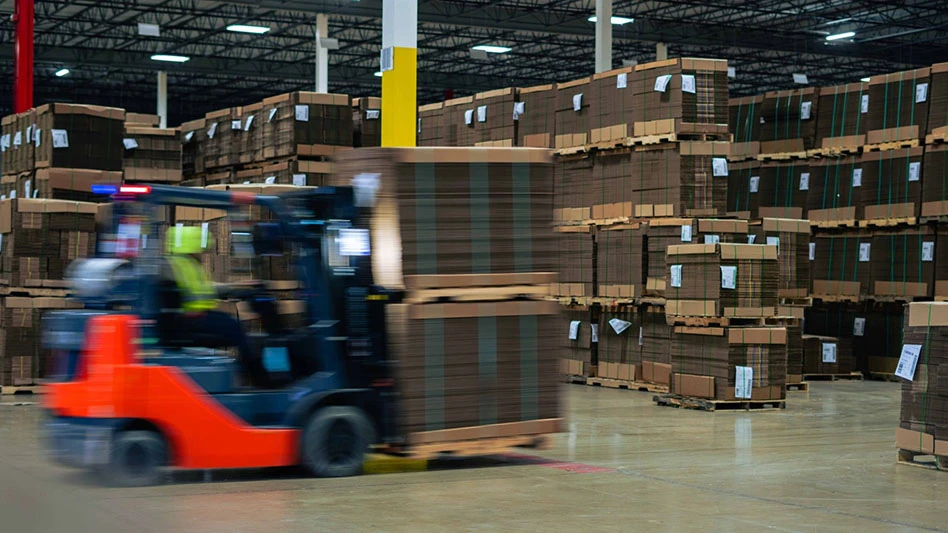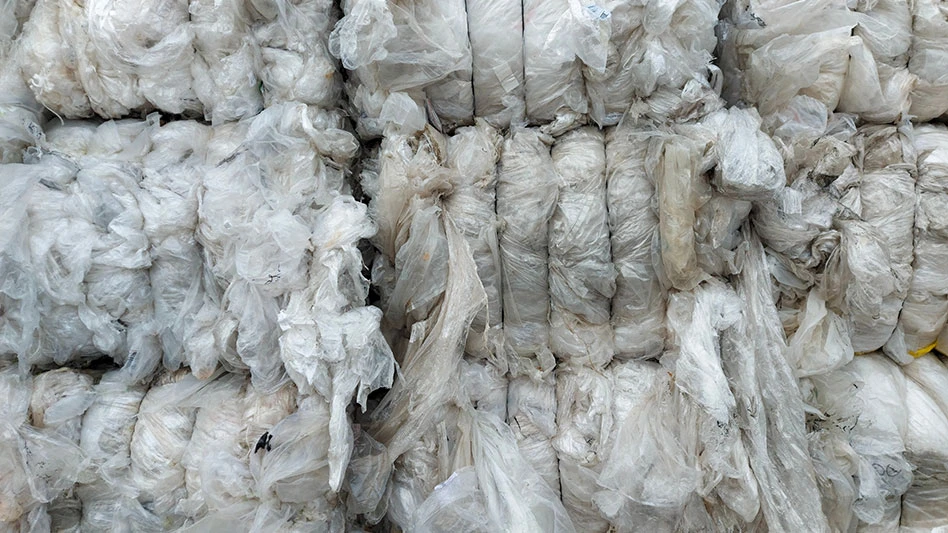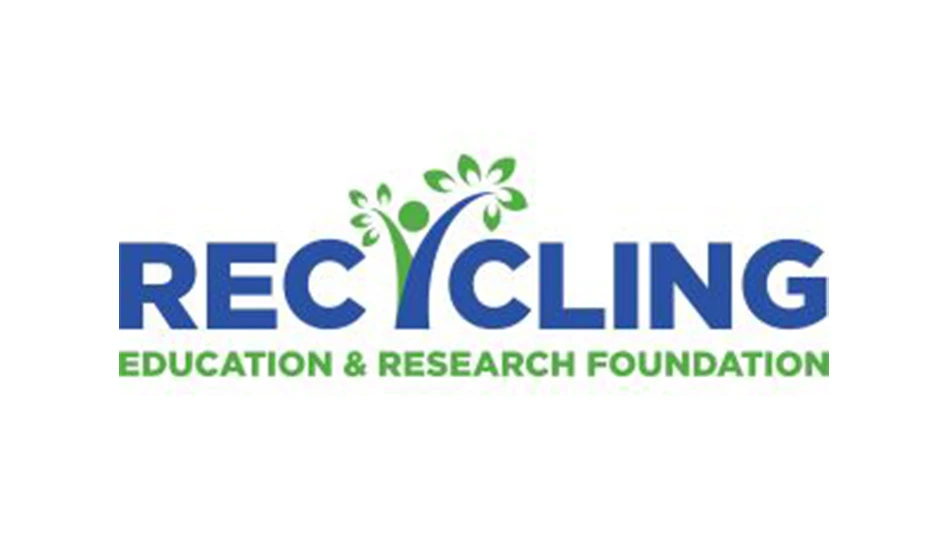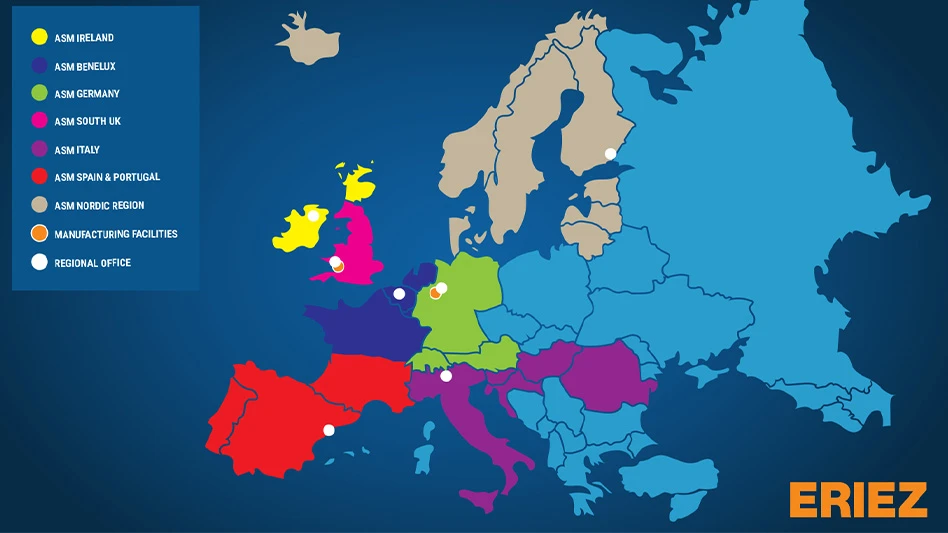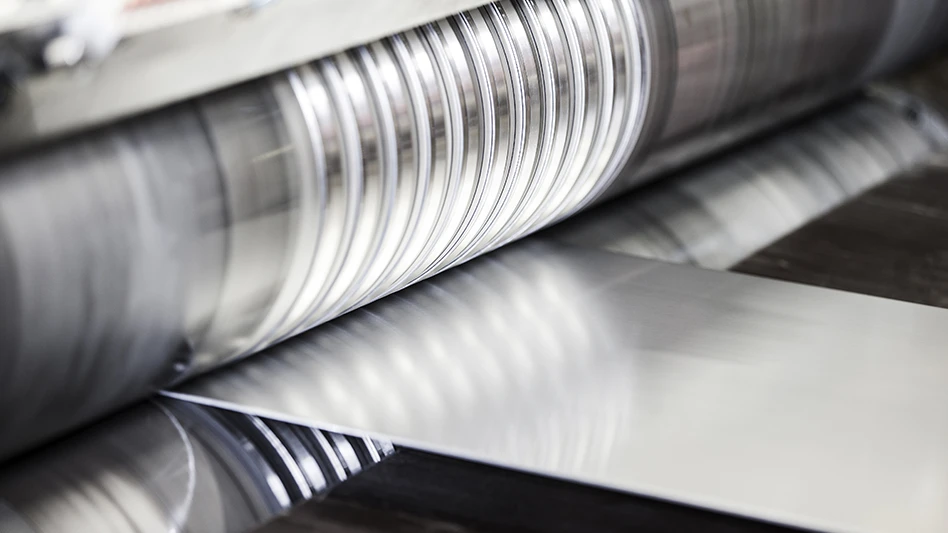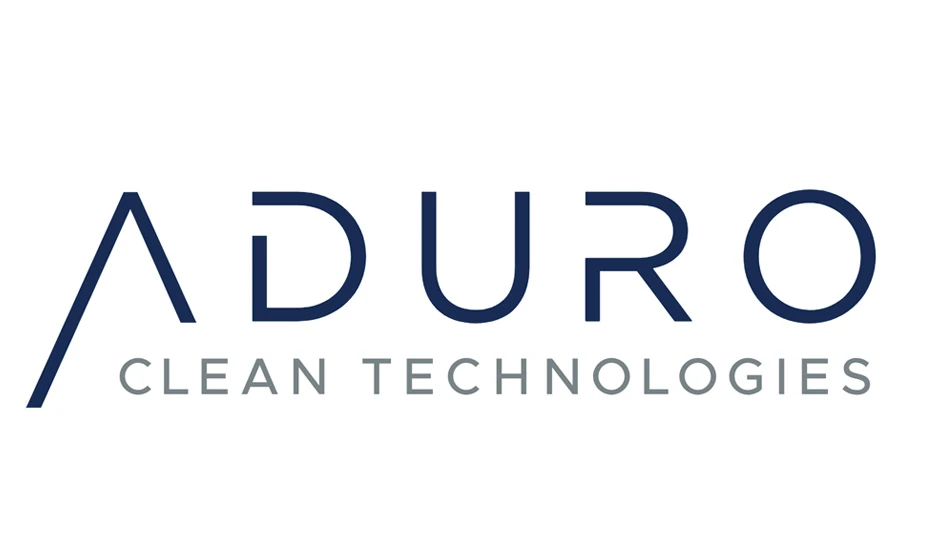
Graphic courtesy of Panasonic Corp.
A product-material-product loop (PMP) established and operated by Japanese companies Panasonic Corp. and Mitsubishi Materials Corp. has recovered more than 8,000 tons of gold, silver, and copper recovered from end-of-life printed circuit boards (PCBs) harvested from discarded home appliances, according to the companies.
Panasonic calls its PMP loop “the industry's first scheme to achieve consistent resource recycling," noting that through the PMP, “urban mine resources” produced currently amount to 1.1 tons of gold, 33 tons of silver and 8,100 tons of copper.
The PMP was spurred in part by what Panasonic says is a global demand for more efficient use of metal resources and environmental protection, adding that recycling-oriented manufacturing is "critically needed," especially in Japan, where the self-sufficiency rate of natural resources is low.
The consumer electronics producer also cites encouragement it received from Japan’s Ministry of Economy, Trade and Industry. That agency’s Circular Economy Strategy, along with the Ministry of the Environment’s Fifth Fundamental Plan for Establishing a Sound Material-Cycle Society, aims to create a sustainable recycling-oriented society."
“Mitsubishi Materials and Panasonic have been jointly working to smelt [scrap] printed circuit boards collected from home appliance recycling plants and repair sites nationwide, extracting gold, silver and copper," Panasonic says, adding that, since its launch in 2011, the program “has consistently managed the processes from collection to reuse of recycled raw materials, achieving consistent resource recycling."
The firm credits the PMP loop, instead of smelting copper ores, for example, for having reduced CO2 emissions by approximately 33,000 tons.
“Mitsubishi Materials and Panasonic will work to expand end-to-end resource recycling management, from the collection of recycled materials through recycling to their reuse in new products, by utilizing the experience and know-how obtained through the establishment and operation of the PMP loop, in addition to efforts to raise broad awareness of nonferrous metal recycling,” Panasonic says.
The company intends to collaborate with additional partners to establish systems for new target materials, “contributing to the evolution of the circular economy and the reduction of CO2 emissions.”
Within the PMP, subsidiary Panasonic ET Solutions Co. Ltd. (PETS) outsources the processing of scrap PCBs collected from home appliance recycling plants and repair sites throughout Japan to partner companies.
PETS first refines the PCB scrap by removing iron and aluminum not wanted at the smelter site. Mitsubishi Materials then extracts gold, silver and copper from the refined PCBs at its smelter and returns respective refined metals to PETS.
The recovered gold, silver and copper are used for gold plating, copper wire and other materials needed for manufacturing activities within the Panasonic Group.
Latest from Recycling Today
- CalRecycle opens comment period on proposed SB 54 revisions
- 2026 Circular Steel Summit: Taking stock of tariffs
- CDRA Conference & Tradeshow 2026: Addressing battery fire risks
- Darda equipment now available in North America
- Struktol's ZB 47 and ZB 49 improve processability in rubber compounds
- Volatility wave hits copper pricing
- ArcelorMittal legal battle with Italy continues
- Altor program boosts EPS recycling
